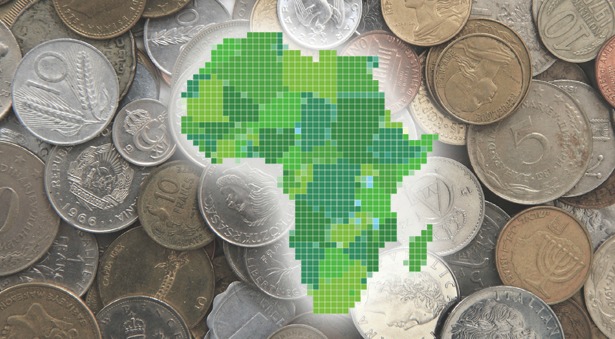Opportunities, and Challenges facing crowdfunding in Africa
Updated on October 15,2022

Although crowdfunding has been around since 2007, when Indiegogo was launched, in Africa, it is still considered to be in its beta phase. Regardless of this, the crowdfunding platforms have already created a lasting effect given than most of the continent is now being considered as an emerging market. The existence of a bulging Middle Class who have more money to spend and an ever-growing entrepreneurial culture with a growing need for alternative means of funding projects and businesses have contributed to the ongoing success of crowdfunding platforms. There already are over 51 crowdfunding platforms across the continent, majority of which are in South Africa alone. Most of these platforms play a key role in funding start-ups, social enterprises and charity causes. Although crowdfunding has been experiencing steady growth in Africa, there still is a lot of potential. Crowdfunding in Africa offers various opportunities to those seeking to use them to get funding for their projects as outlined below.
Free marketing: Individuals seeking to market their new business ventures or products can use crowdfunding platforms to greatly subsidize their marketing costs. Crowdfunding platforms usually require that one posts their projects or pitches on the platform's website, which usually has a very large user base. Not only does listing a venture on the platforms good for exposing the venture to potential investors, but the venture also exposes it to the platform’s infrastructure and brand recognition.
Access to capital: Africa being an emerging market means that there is a growing entrepreneurial spirit in the continent. More and more individuals are seeking to make their mark in entrepreneurship by marketing their businesses. Majority of these entrepreneurs, however, cannot access funding using the traditional channels such as banks or venture capitalists because they often do not have a credit history or collateral. By using crowdfunding platforms, entrepreneurs appeal to their potential customers and supporters for capital without looking into their creditworthiness or credit history.
Increased use of mobile networks: Africa has experienced an increased use of mobile networks over the past 10 years. This can be attributed to increasing internet penetration and the introduction of cheap mobile phones suitable for the African market. Crowdfunding is also playing a role in furthering the use of mobile networks. Crowdfunding is increasing the use of mobile phones for peer-to-peer financial transactions which in the process also helps with increased use of mobile phones and internet penetration.
In as much as crowdfunding is good for the continent and is on a steady growth, it has been doing so albeit with a few challenges, chief among them being that there is a lack of adequate legislative structures in place to monitor and maintain the sector. Crowdfunding in most African countries lacks some form of regulation to protect investor’s interests. This only works to discourage investors from investing in potential enterprises because they do not have an avenue for legal redress because there is no law protecting them.
The other significant challenge that crowdfunding in Africa faces also has to do with the legislature, only that for this case, there isn’t proper legislature regarding the legality of crowdfunding enterprises. Most African countries lack a proper definition of a crowdfunding organization’s legal status. This usually discourages international investors from using the platforms to invest in startups because they do not know legal implications of doing so. Most crowdfunding organizations are not registered as financial institutions. This only works to fuel investor discomfort in using the platforms to make contributions or invest in equity. Having clear laws on licensing will increase investor confidence and encourage more international investors to use the platforms.
As much as the crowdfunding scene in Africa faces legislative and internet penetration bottlenecks, the sector keeps on growing by the day due to the fact that there is a dire need for alternative ways of sourcing funds. Coming up with the relevant legislature to regulate the sector and finance the firms will go a long way in helping the industry grow.